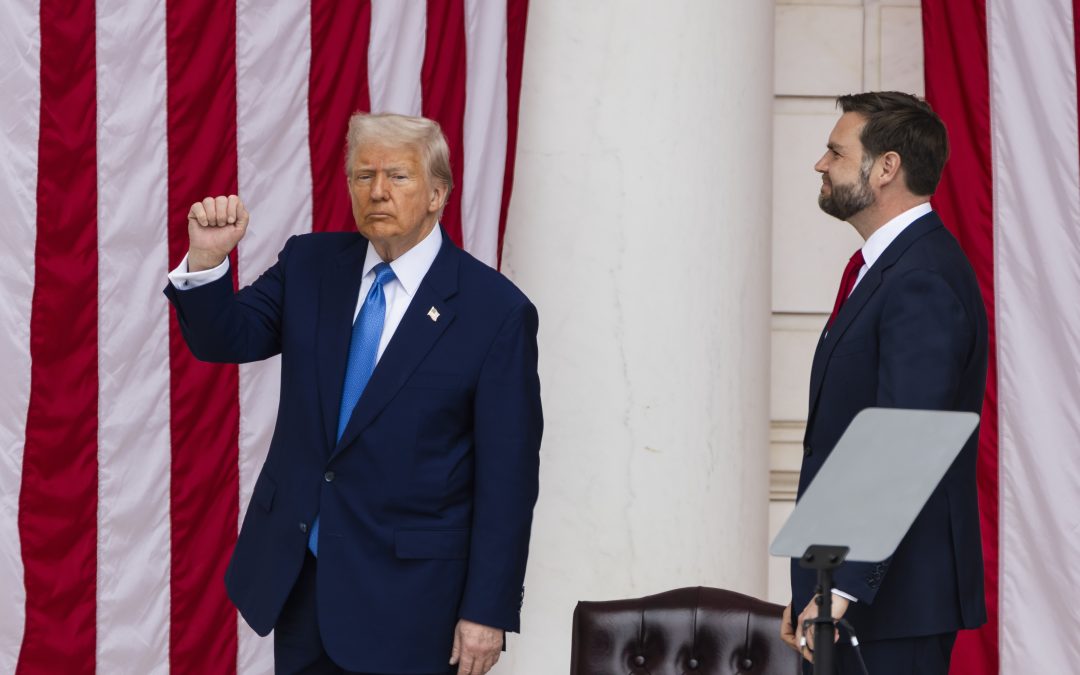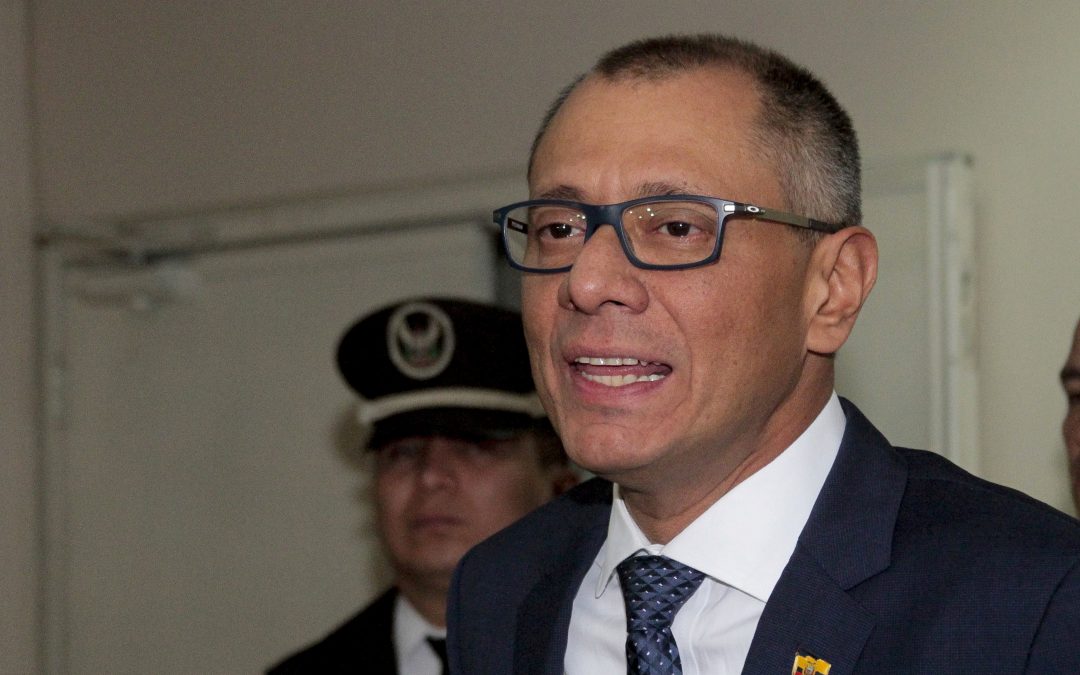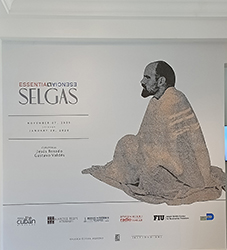Congress shall make no law respecting an establishment of religion, or prohibiting the free exercise thereof; or abridging the freedom of speech, or of the press; or the right of the people peaceably to assemble, and to petition the Government for a redress of grievances.
FIRST AMENDMENT
I n 2015 an event was held in Arizona that involved a drawing of Mohammed cartoons. This so called “contest” was held next to a mosque. The idea of having such an event, an obviously provocation, brought forth another debate on what is covered in the freedom of speech part of the First Amendment. None other than Chris Cuomo, a CNN analyst, attorney, and brother of New York Governor, tweeted “hate speech is excluded from protection. Don’t say you love the constitution, read it”. To note; we are quoting Chris who loves to cite the first amendment (“show me where it says protest have to be peaceful!”) just to demonstrate his ignorance. I cite this as another example of how the intent of this amendment is continued to be misconstrued for political purposes. Our forefathers were very clear. They desired to protect us from a government that would impose its definition of morality and or a religion. To achieve this purpose, many times clarified by the Supreme Court, there has to be a total absence of subjectivity because what is repulsive and or hateful to some, including a majority of the people might not be for others. Any exception to this concept opens the door for an imposition, censorship, and loss of freedom. Exceptions are only made when there is ample evidence of a direct correlation to loss of life as the frequent cited quote from a Supreme Court Judgment of “shouting fire in a theater”. Jon Ritzheimer, the known atheist and event organizer, gives many rationalizations for his action, but the most benign description of him is that he is a “total jerk”. Fortunately the Mosque leader Usama Shami clearly understands Thomas Jefferson and our Forefathers intention, and stated when asking his followers to ignore the provocation “Everybody has a right to be a bigot. Everybody has a right to be a racist. Everybody has a right to be an idiot”.
Indeed, freedom of speech is meant to defend the minority views, the least acceptable for the majority including offensive wording. The reason is obvious; once the many impose what in their view is “correct”, speech becomes subject to a subjective interpretation, used by tyrannical rulers as a form to control the population. Losing our right to speak freely is only the first, but the most important, in the process of giving up all our God given rights. Unfortunately we are at the end of completely giving up this right. Our ability to speak is already limited to what is deemed “political correct”, and censored by politicians and social media. We follow rules that are not factual and like “lambs to the slaughter” stop using words like “redskins” without any factual reasons and use ones like “transgender” that have no scientific value. I left Cuba, exactly for that reason, anticipating that it was the first and most important step leading to a rule by the few.
And now, I am reliving my past. My University of Habana friends used to tell me that anything that I was saying criticizing Castro’s policies would define me as “counterrevolutionary and /or Batistiano, close to the present which I might be defined as Trumpist or white supremacist! To end, let me quote some articles in Cuba’s’ Constitution defining speech;
Cuba has the most restrictive laws on freedom of expression. The constitution prohibits private ownership of media outlets, and allows free speech and journalism only if they adhere to “the objectives of socialist society.”
The government owns virtually all traditional media. It operates three national newspapers, five national television stations, six national radio stations, and one international radio station, in addition to numerous local print and broadcast outlets.
Cuba’s Constitution
Article 144, which defines the crime of desacato, or «disrespect.» It states that anyone who threatens, slanders, defames, insults, harms or in anyway outrages or offends, verbally or in writing, the dignity or honor of an authority, public official, or their agents or auxiliaries, in the exercise of their functions or because of them can be imprisoned for between three months and one year or fined or both. If the act of disrespect is directed at the head of state or other senior officials the penalty is a prison term from one to three years.












0 comentarios